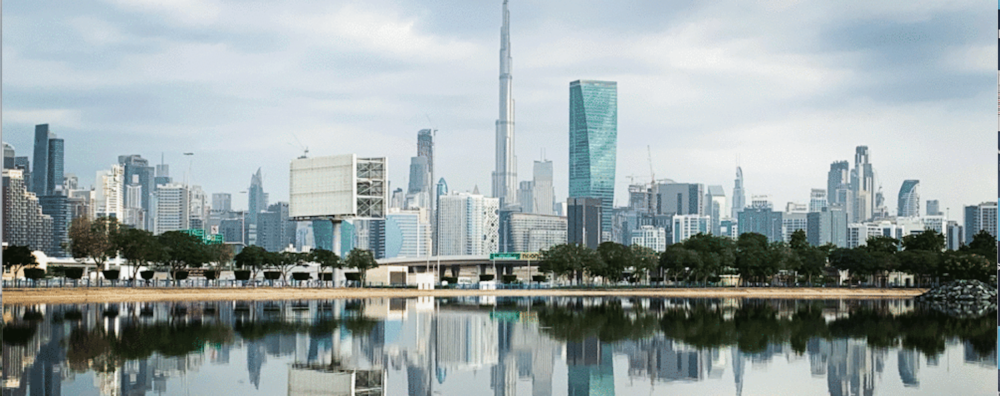On waking up it was eerily quiet. I lay in bed and stared at the ceiling. I’m not sure what I was expecting really. DH had already left for Brazil. And it would be hours before the teenagers got up.
There were no demands to open presents (that we had actually done the day before, while DH was still in Dubai). No squeals of excitement. No pitter patter of feet at the crack of dawn. It was just the dog and me. And even the dog was still snoring quietly.
Like many people, I’d chosen not to travel due to the arduous PCR testing requirements. And a case of the jingle jitters had deterred my parents from flying to Dubai at such an uncertain time.
I got out of bed, shuffled downstairs to make my tea and went about my morning, which was actually rather lovely – blissfully peaceful and stress free.
Eventually – and I mean about five hours later – the kids got up. They appeared downstairs, looking for food, yawning and rubbing their eyes sleepily.
I reminded them it was Christmas Day. They looked up from their cereal briefly, then carried on shovelling milk and Rice Krispies into their mouths. As I said, we’d already done presents so I didn’t have much left to motivate my teens with … other than, we had struck a deal the night before! They had to spend at least three hours with mom! No isolating in their rooms as though they had Covid (which they don’t have; they just prefer isolation it seems).
“Right, we’re going to the beach – we’ll set off in 45 minutes,” I announced cheerfully.
They both groaned. The 13-yr-old managed to exempt himself on medical grounds (he’d had a minor operation a few days previously to insert tubes in his ears). “I can’t swim,” he said triumphantly. “My tubes might fall out!”
I wasn’t giving up that easily, and told my 16-yr-old we’d go anyway, and soon – before it got dark again.
“Then let’s go for sunset,” he suggested, barely disguising his procrastination at actually leaving the house!
“Alright,” I agreed, reluctantly. ‘We’ll leave at 3.30pm.”
So 3.30pm rolls around, and I chivvy him into the car. “Can I drive?” he asked cheekily.
“Absolutely not!”
While visions of a Christmas Day mother-son chat in the car filled my head, visions of his phone screen lit up his brain. Between games on his phone, and me getting us totally lost due to a major highway completely changing overnight, I did get a few words out of him, however! Quite a result. I learnt that a friend had bought him a Deliveroo voucher for Christmas, and he was excited to use it.
When we finally got there (and it was lovely! Well, I thought so – the water was chilly and clear, and there were a billion fish to snorkel with), he rubbed his stomach and mused, “I wonder if McDonald’s deliver here?”
Teenagers!!
















